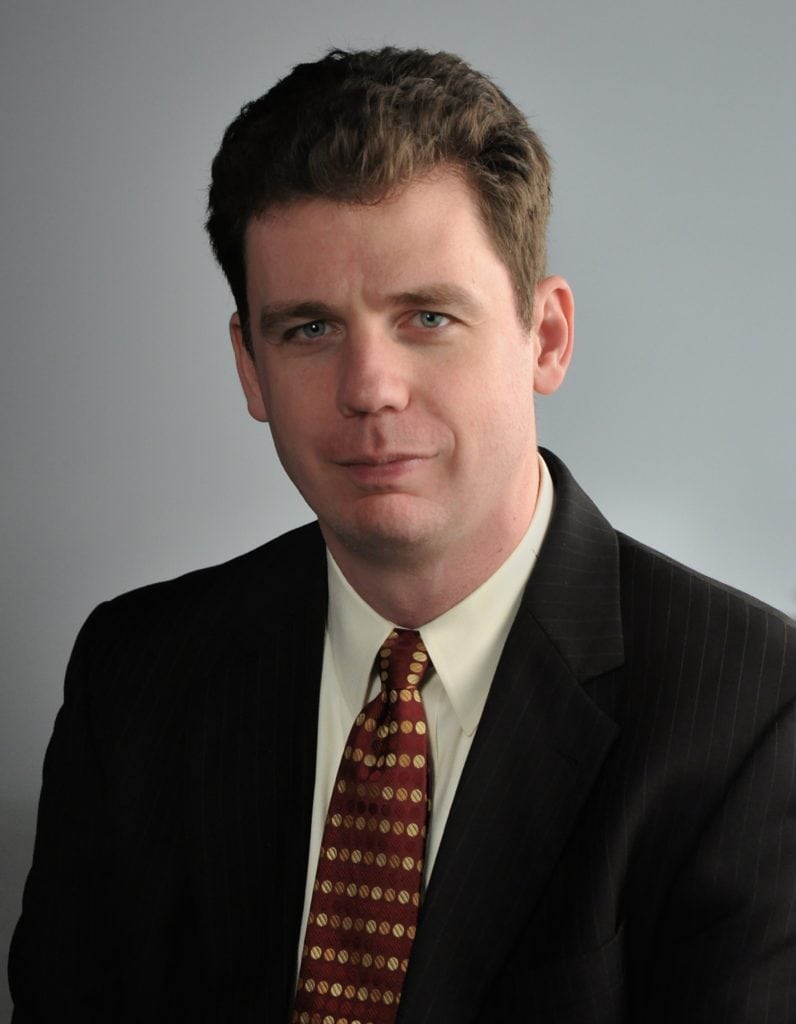
On April 18, the Supreme Court of the United States held a hearing whose eventual ruling, religious liberty experts and advocates agree, could have longstanding implications on religious accommodation in the workplace.
The Supreme Court held oral argument in Groff v. DeJoy. Gerald Groff was a rural postal service employee in Pennsylvania who requested not to work on Sunday, his religious day of worship. Though accommodated at first, he was told later that he would have to start working on Sundays. Groff eventually decided to quit his job and sue for his right to a religious day of rest.
Adventist religious liberty experts and advocates explained that this is not “an Adventist case” but one that nevertheless could have implications for all religious minorities, including Seventh-day Adventists. Indeed, several groups, including Muslims, Hindus, Orthodox Jews, and Seventh-day Adventists filed what is called an amicus curiae, a brief that expresses support for Groff’s lawsuit.
Title VII of the Civil Rights Act of 1964 prohibits religious discrimination in the workplace and requires employers to “reasonably accommodate” an employee’s religious observance unless that accommodation imposes an “undue hardship” on the business. Since Trans World Airlines v. Hardison in 1977, which set a low bar for employers to meet, the Supreme Court has interpreted Title VII through that case in setting limits to the accommodations that employers were required to make on behalf of employees whose religious views limited their work on their day of worship. This approach has resulted in many employees having to choose between their religious day of worship and their job.
Todd McFarland, deputy general counsel of the General Conference of Seventh-day Adventists, said “the Groff [case] represents the best chance of undoing the harm done 46 years ago by the Supreme Court when it interpreted the law contrary to what Congress intended. Should the Court correct its error from 1977, it will mark a significant victory for all people of faith in the workplace.”

The April 18 Hearing
The April 18 hearing included questions from the Justices to the lawyers of both parties, as the nine justices weigh whether to expand the rights of employees seeking religious accommodation. Throughout the process, Groff has been represented by First Liberty Institute, Baker Botts LLP, the Church State Council, and the Independence Law Center.
According to a release from the Church State Council, attorney Aaron Streett of Baker Botts, who presented arguments to the Justices on behalf of Groff, explained that “courts have interpreted Title VII so restrictively that employers need not grant even the simplest of accommodations to religious observers to enable them to follow their faith.”
Alan Reinach of the Church State Council said that the restrictive interpretation of courts “has put those who adhere to certain religious traditions at a disadvantage.” He added, “Making sure everyone is treated fairly affirms our nation’s historic commitment to religious diversity, even at work.”
For Streett, “the Justices have [now] the opportunity in this case to restore religious liberty to the workplace. An America that values religious pluralism should respect the religious liberty rights of every employee.”
Kelly Shackelford, president, CEO, and chief counsel of First Liberty Institute, agreed.
“No American should be forced to choose between their faith and the job they love,” she said, according to the Church State Council. “Our nation has a long history of protecting its employees from being treated differently at work just because of their faith. We are hopeful the Court will restore religious liberty in the workplace.”
The Church State Council also quoted Randall Wenger of the Independence Law Center, who stated, “We should never ask Americans to sacrifice their faith to keep a job. Everyone benefits by treating religious employees respectfully.”
Groff himself emphasized that he believes “no employee should have to choose between his faith and his career like I did.” He said he is grateful to have the case heard by the U.S. Supreme Court — an opportunity few others in his situation have ever had. “I hope this case results in a decision that allows others to be able to maintain their convictions without living in fear of losing their jobs because of what they believe,” he said.
The First Liberty Institute is the largest legal organization in the nation dedicated exclusively to defending religious freedom for all Americans. The Church State Council, a Seventh-day Adventist entity, is the oldest public policy organization in the western United States devoted to religious freedom and the separation of church and state. The Independence Law Center is a nonprofit legal organization and civil rights law firm specializing in First Amendment issues.
According to The Washington Post, the hearing revealed the Justices’ efforts to “balance religious rights in the workplace with the burden they might impose on employers and co-workers.” Experts agree that the outcome is difficult to predict. A ruling is expected by late June 2023.